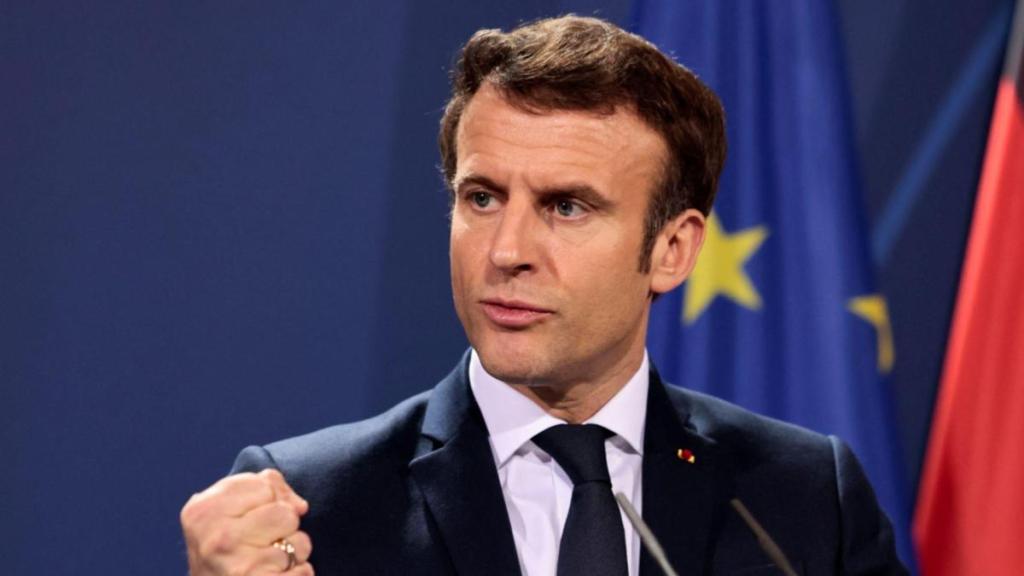In a surprising turn of events, President Emmanuel Macron dissolved the lower house of France’s parliament on Sunday, prompting a return to the polls in the coming weeks to elect new lawmakers. This move follows a humbling defeat for Macron’s party at the hands of the far-right National Rally in the European Union parliamentary elections.
The legislative elections are scheduled to occur in two rounds, on June 30 and July 7. Initial projections showed Marine Le Pen’s National Rally securing approximately 31-32% of the votes, more than doubling the share of Macron’s Renaissance party, which was projected at around 15%. This historic result signifies a significant shift in French politics.
Although Macron did not run in the EU elections and still has three years left in his presidential term, he described his decision to dissolve the parliament as “serious” but a testament to his “confidence in our democracy, in letting the sovereign people have their say”. He assured the public, “In the next few days, I’ll be saying what I think is the right direction for the nation. I’ve heard your message, your concerns, and I won’t leave them unanswered.”
In the latest legislative elections in 2022, Macron’s centrist party secured the most seats but fell short of a majority in the National Assembly, necessitating political maneuvering to pass legislation. This new move could potentially backfire, increasing Le Pen’s chances of gaining power.
An opposition party winning a parliamentary majority could lead to a power-sharing situation known as “cohabitation,” where Macron would have to appoint a prime minister with differing views. Le Pen, who leads the National Rally group in the National Assembly, welcomed Macron’s decision. “We’re ready for it,” she declared. “We’re ready to exercise power if the French people place their trust in us in these future legislative elections. We’re ready to turn the country around, ready to defend the interests of the French, ready to put an end to mass immigration, ready to make the purchasing power of the French a priority.”
The EU election results dealt a significant blow to Macron, who has championed Europe-wide initiatives to support Ukraine and strengthen the EU’s defenses and industry. Jordan Bardella, the National Rally’s lead candidate for the EU elections, campaigned on limiting free movement of migrants and scaling back EU climate regulations. While the party no longer seeks to exit the EU and the euro, it aims to weaken the union from within.
Bardella noted, “Tonight, our compatriots have expressed a desire for change. Emmanuel Macron is tonight a weakened president.” An official from Macron’s office justified the dissolution of the National Assembly by citing the “historic score of the far-right” and the current “parliamentarian disorder”. The official added, “You’re never wrong when you give the people a say.”
Projections from the EU elections also indicate a resurgence of the Socialist Party, which campaigned for more ambitious climate policies and protections for European businesses and workers, securing about 14% of the votes. In response to Macron’s announcement, far-left politician Francois Ruffin called on left-wing leaders, including the Greens, to unite under a single “Popular Front” banner to “avoid the worse, to win”.
France is set to elect 81 members to the European Parliament, which has 720 seats in total.
(With inputs from Associated Press)


